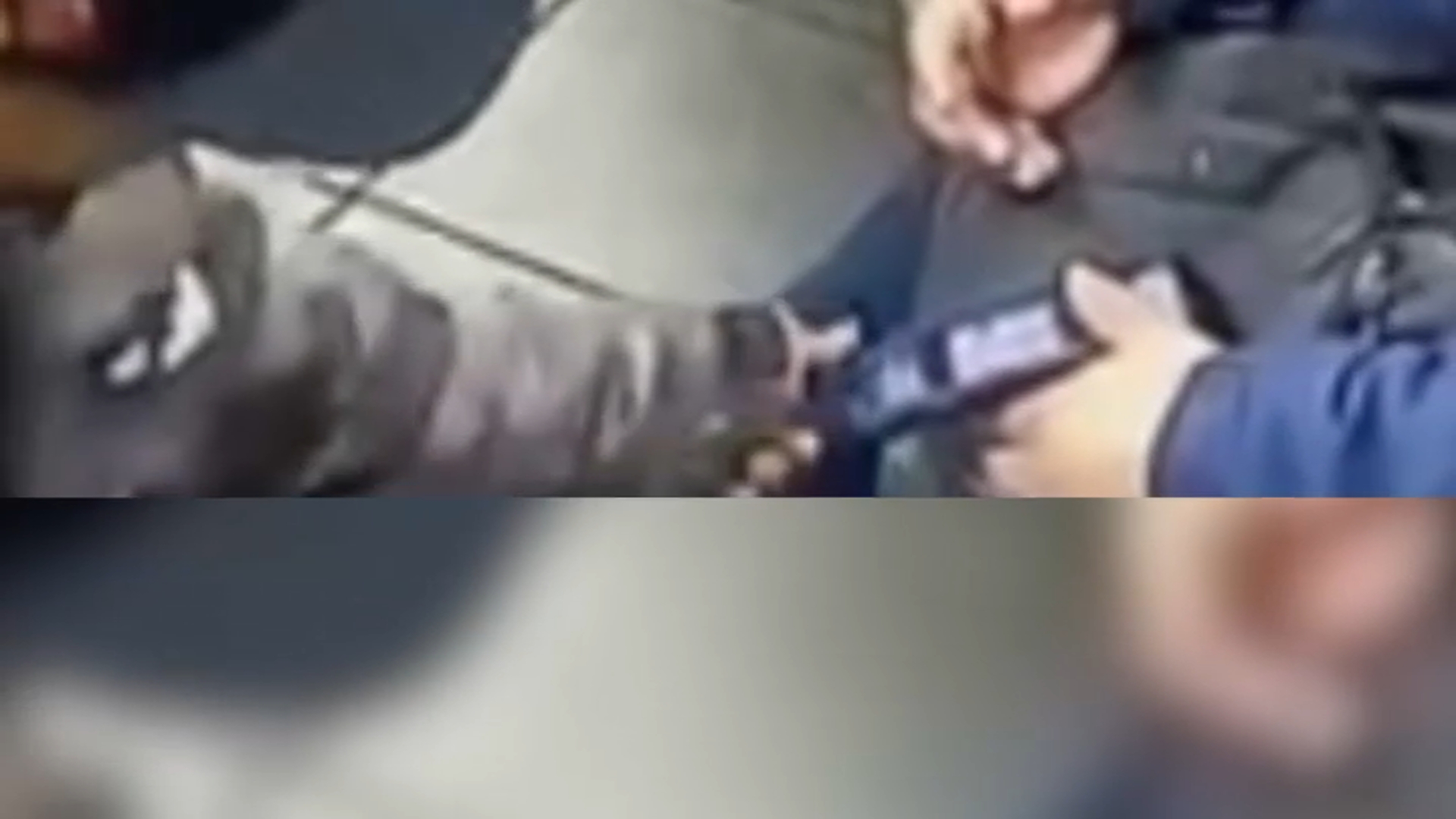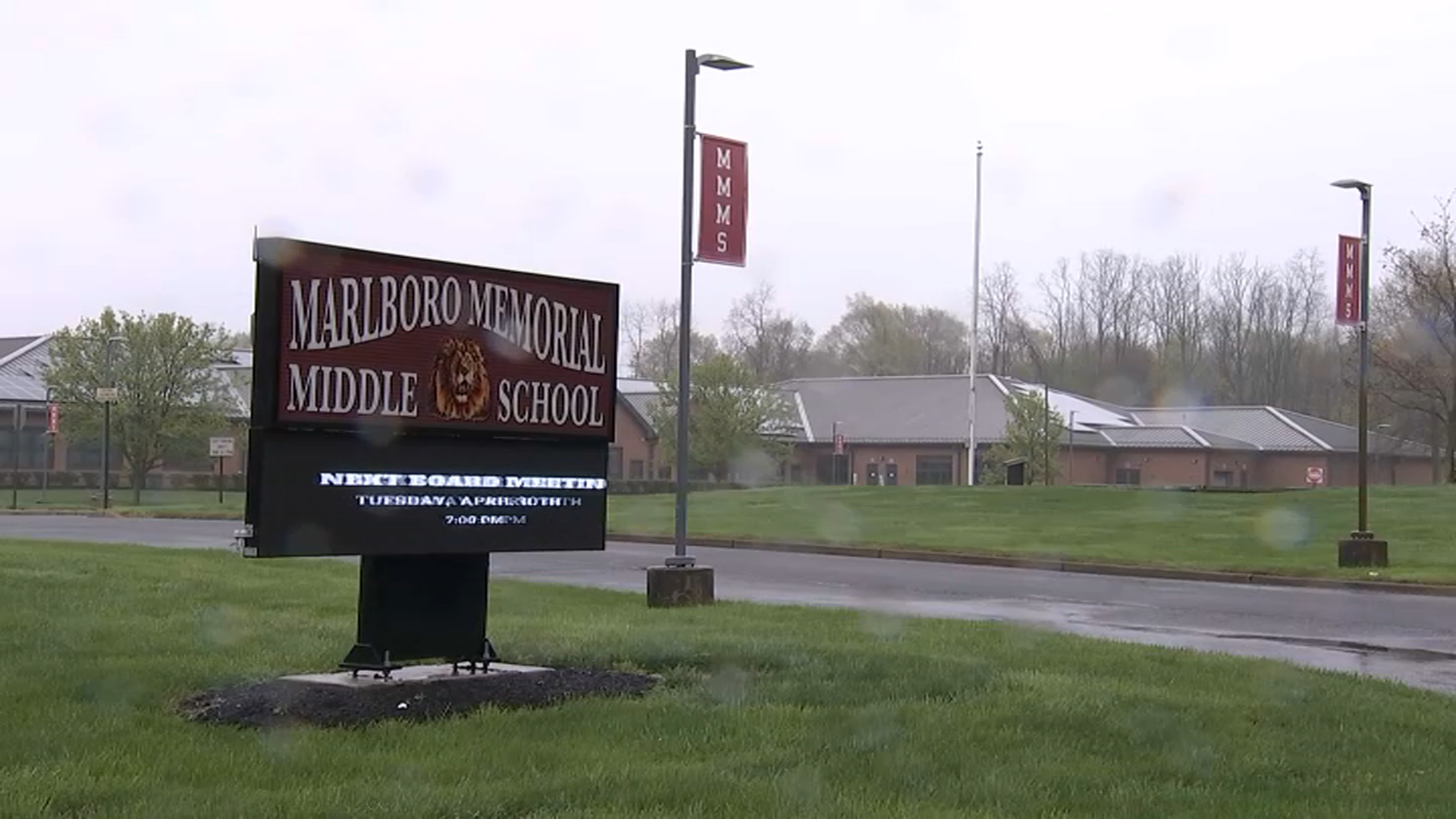What to Know
- A New York appeals court upheld a new state law allowing absentee ballots to be reviewed before Election Day, saying it would would be "extremely disruptive" to change the rules with absentee voting already underway
- The decision reverses a lower court ruling that declared New York's early review of absentee ballots unconstitutional, saying that Republican and Conservative party officials who challenged the law waited too long
- Processing of absentee ballots as they come in — as opposed to waiting until election night — was adopted to reduce sometimes weeks-long delays for official results.
A New York appeals court on Tuesday upheld a new state law allowing absentee ballots to be reviewed before Election Day, saying it would would be "extremely disruptive" to change the rules with absentee voting already underway.
The decision from the Appellate Division of the state Supreme Court reverses a lower court ruling that declared New York's early review of absentee ballots unconstitutional. The appeals court said Republican and Conservative party officials who challenged the law waited too long.
The court also upheld a pandemic-era law that allows voters worried about becoming ill to vote by absentee.
Get Tri-state area news and weather forecasts to your inbox. Sign up for NBC New York newsletters.
“In our view, granting petitioners the requested relief during an ongoing election would be extremely disruptive and profoundly destabilizing and prejudicial to candidates, voters and the State and local Boards of Elections,” read a decision from the court, which had heard arguments in the case earlier Tuesday.
Election Day is Nov. 8.
About 552,000 absentee ballots have been sent out with more than 188,000 returned so far, according to the state Board of Elections.
News
Changing the absentee ballot rules now would mean voters would be treated differently during this election depending on when they returned their ballots, the court said.
“We should be taking every step possible to empower voters and ease New Yorkers’ access to the polls,” state Attorney General Letitia James said in a prepared release. “I was proud to defend New York’s absentee ballot reforms, and am happy with the decision to keep these commonsense election integrity initiatives in place.”
It was not clear if the plaintiffs would try to appeal to the state's highest court.
An email seeking comment on the decision was sent to a state Republican spokesperson.
Processing of absentee ballots as they come in — as opposed to waiting until election night — was adopted to reduce sometimes weekslong delays for official results.
But early absentee ballot processing was thrown in limbo last month after the ruling by Saratoga County Judge Diane Freestone. She said the law clashes with an individual’s constitutional right to challenge ballots in court before they’re counted.
The mid-level appeals court put a temporary hold on Freestone’s order pausing the count after the Democrats in control of state government appealed. Absentee ballots are currently being processed around the state, after some reluctance by GOP election officials.
At arguments earlier Tuesday, lawyers for the Republican plaintiffs told the five-judge panel that Freestone's ruling was correct and that the new law removes a crucial later of judicial review.
“We have a statute that is expedient. It sacrifices accuracy; it sacrifices the truth,” attorney John Ciampoli told the judges.
The early review challenge was bought in late September, about nine months after the law was enacted. Judges asked plaintiffs' attorneys why they waited until it was close to the Nov. 8 election to challenge it.
“Where have you been?” Justice John Egan asked Ciampoli. “Here we are a week before the election. There's a whole lot of absentee ballots that have been cast by now.”
Lawyers for the state and their allies argued against changing the rules after absentee balloting has begun.
“The New York Constitution protects the right to vote, not the right of private parties to challenge the qualified votes of others,” said Aria Branch, who is representing the Democratic Congressional Campaign Committee and other parties.
Sarah Rosenbluth of the state attorney general's office said the action should have been bought much earlier, and that now the lower court ruling has thrown the canvassing process in disarray.




